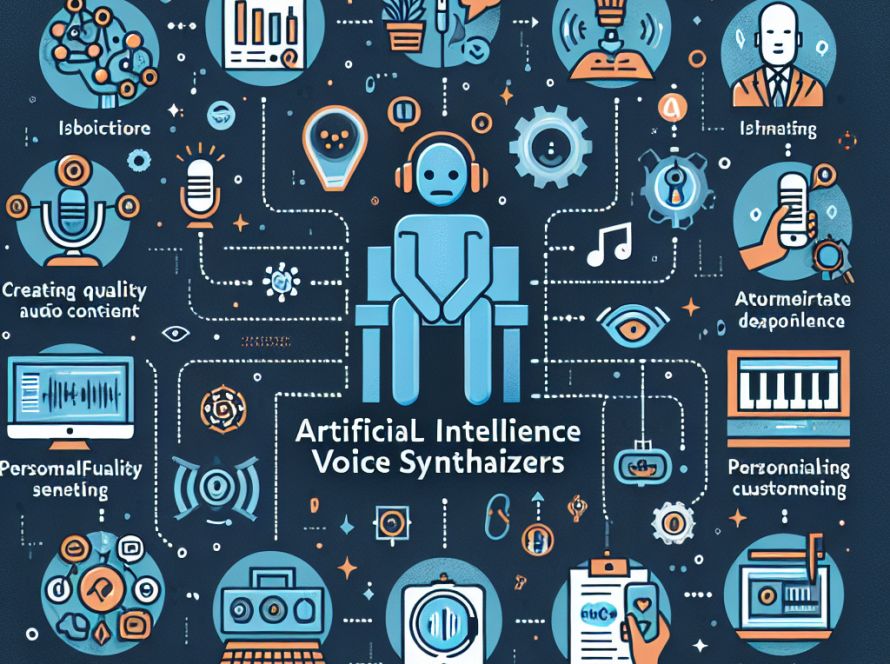These six free artificial intelligence (AI) courses from Google provide a comprehensive pathway for beginners starting their journey into the AI world. They introduce key concepts and practical tools in a format that is easy to digest and understand.
The first course, Introduction to Generative AI, gives an introductory overview of Generative AI. The course highlights major differences between generative AI and traditional machine learning methods. Students will learn about the applications of generative AI and utilize tools developed by Google to create AI-based applications. This learning module provides a great learning outlet for those interested in the content creation and innovative capabilities of AI.
The second course, Introduction to Responsible AI, is centered on the ethical aspects of AI technology. It educates learners about responsible AI, why it is crucial in AI systems development, and familiarizes them with Google’s seven AI principles. These principles guide the learners on how to implement AI responsibly in their projects. The course is vital in ensuring AI technology is used ethically and beneficially to society.
The third course, Transformer Models and BERT Model, allows learners to delve into transformer models and the Bidirectional Encoder Representations from Transformers (BERT) model. The course encompasses a detailed look at the components of the transformer architecture like the self-attention mechanism. It also covers various applications such as text classification and question answering, making it ideal for those interested in natural language processing technologies.
Moving onto the fourth course, Introduction to Large Language Models, explores the Large Language Models (LLMs) and their applications. Learners get to understand LLMs, their use cases, and how prompt tuning can enhance their performance. The course is inclusive of information on using Google tools to develop LLM applications. It provides practical insights into deploying these models.
The fifth course termed Encoder-Decoder Architecture, is essential in comprehending how AI approaches sequence-to-sequence tasks like text summarization and machine translation. The learners are taught about the main components of this architecture and are given a practical lab to code a simple Encoder-Decoder model using TensorFlow.
The sixth course, Attention Mechanism, introduces learners to the attention mechanism. This is a critical component in improving the performance of neural networks by allowing them to focus on specific parts of an input sequence. The course covers how attention is used in machine learning tasks, including machine translation and text summarization.
Each course takes about 45 minutes to complete, and learners are awarded a digital badge upon completion, enabling them to showcase their newfound skills on professional platforms. Collectively, these courses offer a firm foundation in AI, ranging from understanding the basic concepts to exploring advanced algorithms and architectures.


